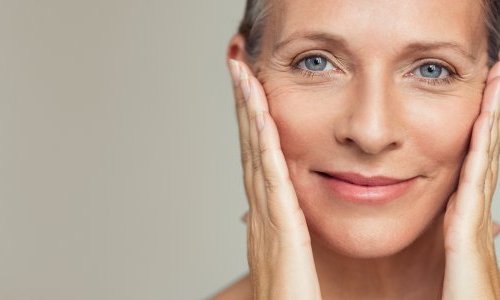While some people may claim to spend only a few minutes primping each day, it appears that the amount of time spent caring for or improving one’s physical appearance is actually much greater. An international group of scientists set out to find out just how much time by analysing data from 93,158 people aged 18 to over 90, from 93 countries, focusing on specific behaviours such as body hygiene, use of makeup or other cosmetic products, hair care, clothing style, physical exercise, and diet. All actions undertaken with the main purpose of improving one’s physical appearance (i.e., not mainly for health reasons). And what they found may surprise you.
Age weights more than gender
Published in the journal Evolution and Human Behavior, this research reveals that 99% of participants spend at least ten minutes a day on all types of behaviours aimed at improving their physical appearance. But in actuality we spend much longer. According to the researchers, women spend an average of nearly four hours a day primping, while men spend 3.6 hours a day on average. Not only does the study demonstrate that these behaviors are universal, but it also shows that they are not necessarily exclusively the domain of women, although they spend some 40 more minutes on their physical appearance on a daily basis.
However, the researchers did find disparities according to age, especially among women. Middle-aged women, including those in their 40s and 50s, spend the least time on their appearance. On average, women aged 18 spend 63 minutes more per day on their appearance than women aged 44, while women aged 60 spend 30 minutes more than women aged 44. But age is far from the only predictive factor to consider when looking at these behaviours.
The role of social media
The fact of not being in a serious relationship, of having high self-esteem – or on the contrary of not having a positive self-image, or of having a higher socio-economic status, are associated with a higher amount of time spent on improving one’s physical appearance. According to the researchers, the two most revealing factors, however, are the time spent watching television, and even more, so the time spent on social media.
"Most researchers agree that the media often conveys unrealistic physical ideals, that are also often unattainable for the average person. Confronting one’s body with the photo-retouched silhouettes of models may trigger many negative feelings and behaviours, including anxiety, depressive symptoms, body dissatisfaction and eating disorders," the study authors explain.
These findings corroborate the results of a previous study, published in February 2023 in the journal Psychology of Popular Media, revealing that young people feel better about themselves when they stay away from social networks. Conducted by scientists from the Children’s Hospital of Eastern Ontario Research Institute in Canada, this study showed that limiting social networking to 60 minutes per day among 17-25 year olds improved their perception of their weight and general appearance compared to unrestricted use.





























